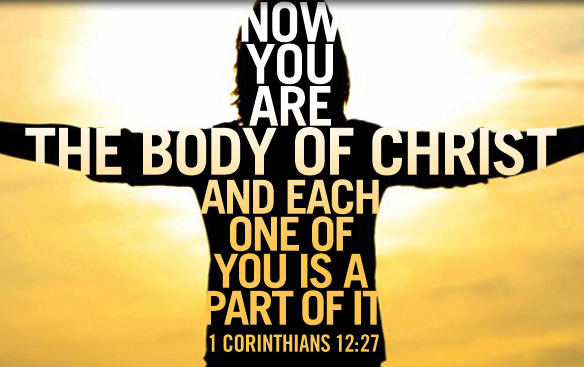
By Charles Yeakel
“Now there are diversities of gifts, but the same Spirit. And there are differences of administrations, but
the same Lord. And there are diversities of operations, but it is the same God which worketh all in all.” (I
Corinthians 12:4-6 KJV)
According to these verses, there are three distinct categories under the heading of spiritual gifts:
- Motivations – The word “gifts” in verse four comes from the Greek word charismation, which means “motivation.” This refers to the basic inward drive God places in each Christian to express His love. Romans 12:6-8 gives us a list of these motivations in Christian service.
- Ministries — The word “administrations” in verse five comes from the Greek word diakonion, which means “ministries” and are the opportunities of Christian service which are open to us for the exercise of our basic motivation.
- Manifestations — The word “operations” in verse six is enegema phanerosis, the actual result in the lives of those to whom we minister as determined by the Holy Spirit. This occurs through the nine gifts of the Spirit referred to in 1 Corinthians 12:7-10.
While we may not all be called to the five-fold ministry of Ephesians 4:11 or be used in the nine gifts of 1 Corinthians 12, we all have been given a motivational gift to serve the Lord with.
“For as we have many members in one body, but all the members do not have the same function, so we, being many, are one body in Christ, and individually members of one another Having then gifts differing according to the grace that is given to us, let us use them: if prophecy, let us prophesy in proportion to our faith; or ministry, let us use it in our ministering; he who teaches, in teaching; he who exhorts, in exhortation; he who gives, with liberality; he who leads, with diligence; he who shows mercy, with cheerfillness.” (Romans 12:4-8 NKJV)
Each motivational gift is designed to build up the body of Christ. One complements the other. All are needed in each body of believers in order to function in good spiritual health.
Seven basic motivations are listed:
Prophesying — a perceiver; one who looks after spiritual needs.
Serving or ministering — one who meets practical needs.
Teaching — one who searches out and validates truth, meeting mental needs.
Exhorting — encourages personal progress, meets psychological needs. Giving — shares material assistance, keeps specific needs provided for.
Leading — gives leadership and direction, meets functional needs, keeps us organized and increases our vision.
Showing mercy — providing personal and emotional support, keeps us in right attitudes and relationships.
This is not to say that a “teacher” should not be a “giver” or a “server” does not need to “show mercy.” But, I believe, that we each have one basic motivational gift and we are to recognize and develop it. We are to not neglect that gift (1 Timothy 4:14), but are exhorted to stir it up (2 Timothy 1:6).
This explains why some excel in certain areas of giftedness and others do not. Knowing each other’s motivation unifies the body of Christ. Knowing our own gift allows us to be sensitive to others who do not function through our motivational gift, thereby reducing jealousy, bickering, and criticism.
Every Christian is gifted in one of the seven categories listed above. Find the basic motivational gift that God has given you and develop it! Recognize and respect the different motivations of others. We are laborers together with God.


